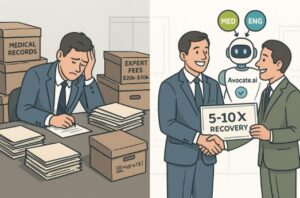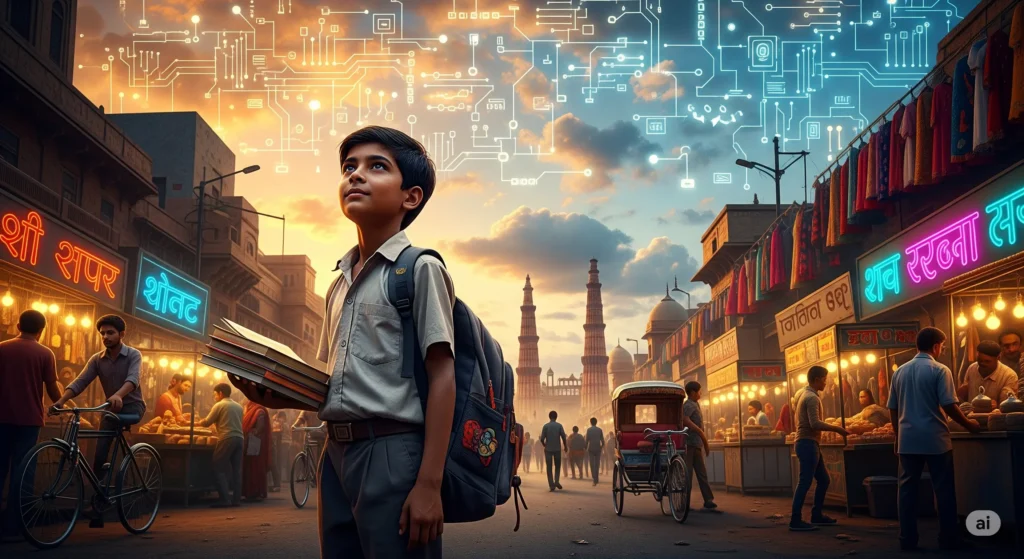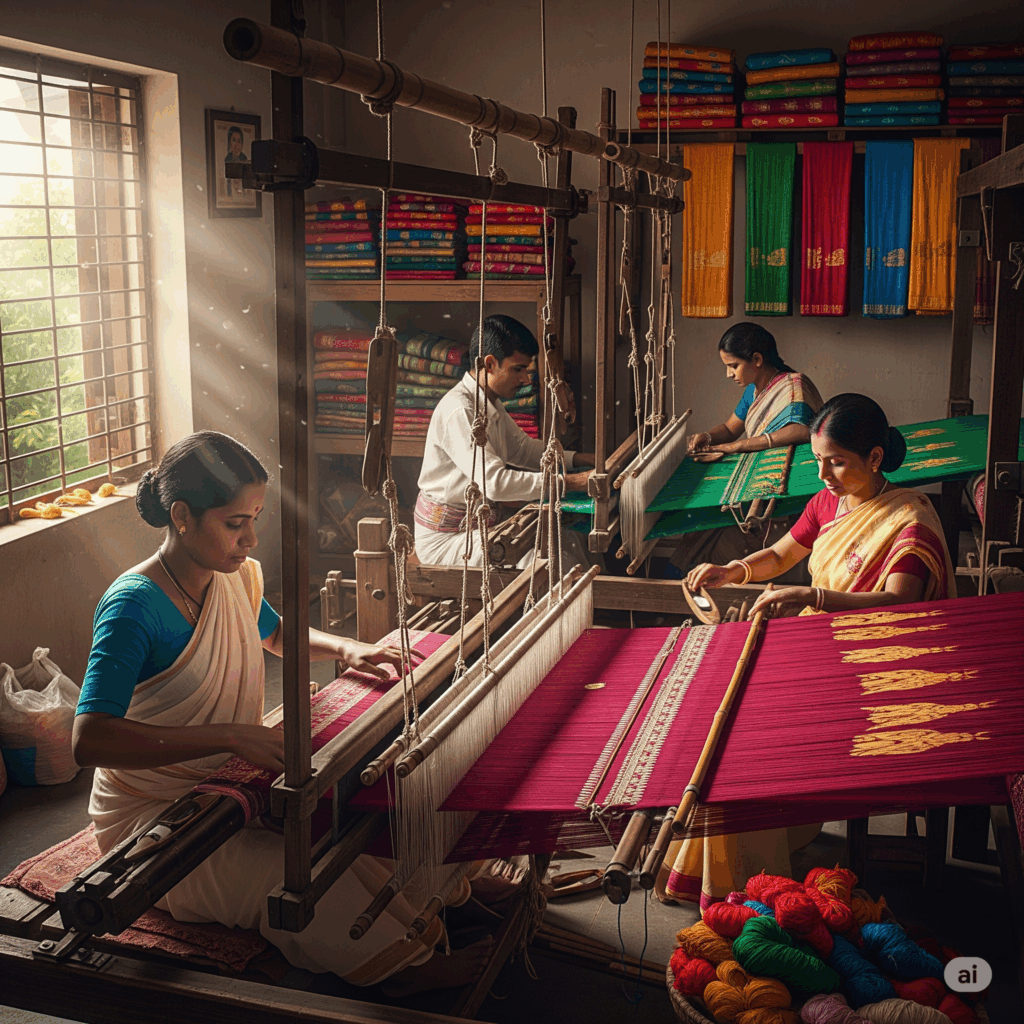By Amy Ghosh, Trial Attorney
When J first came to my office, his case was one that’s all too familiar: a tenant suffering severely due to mold exposure, facing chronic respiratory issues, relentless fatigue, and emotional distress. A previous firm had initially taken on his habitability case, only to be overwhelmed and outmaneuvered by the vast resources of the landlord’s defense attorneys, backed by a major insurance company. Facing mountains of paperwork—over 4,000 pages of dense medical and environmental reports—they hesitated and ultimately passed the case to me after receiving a strategic CCP 998 settlement offer of just $35,000 from the defense.
For trial attorneys in California, especially those representing plaintiffs with limited resources, a CCP 998 offer can feel like a financial trap. Accepting the offer might mean severely undervaluing the client’s legitimate suffering. But rejecting the offer brings a significant risk: if the case doesn’t surpass the offer at trial, the plaintiff becomes responsible for hefty expert witness fees and litigation costs—expenses that can easily spiral into tens of thousands of dollars. Against the deep pockets of insurance-backed defense firms, such risks can be daunting, even crippling.
As I sifted through J’s records, the strength of our case became clear. Yet, traditionally, proving medical causation and damages convincingly would require hiring medical and environmental experts, potentially costing upwards of $20,000-$30,000—far beyond what a small contingency-based practice could comfortably front.
Recognizing the severity of this dilemma, I reached out to trusted friends Dr. Biplab Pal and Somak Chakrabarty, innovators developing AI technology tailored specifically for the complexities of litigation. Skeptical yet hopeful, I turned over the files to their AI-driven solution.
Within a mere 15 hours, their AI tools accomplished what would typically take weeks of human effort and tens of thousands of dollars:
Identified 17 hospital visits precisely correlating with mold exposure episodes.
Pinpointed critical medical findings such as bronchiectasis, linking them conclusively to prolonged mold inhalation.
Correlated J’s elevated IgE levels with authoritative CDC studies on mold-induced illnesses.
Calculated substantial damages accurately, identifying $180,000 in future medical care and an additional $310,000 in lost wages and earning potential.
Unearthed definitive proof showing the landlord had knowingly neglected mold problems for years.
Armed with powerful, AI-generated evidence, we confidently allowed the CCP 998 offer to lapse. We presented a robust, evidence-backed counter-demand of $300,000, clearly outlining the comprehensive damages suffered by James. In response, the defense has agreed to mediation, recognizing the credibility and depth of our evidence.
This ongoing experience vividly highlights several critical pain points facing plaintiff attorneys, especially those with limited resources:
Unequal Financial Resources: Defense attorneys backed by insurance companies wield significant financial power, using it strategically to pressure plaintiffs into low-value settlements.
High Expert Costs: The substantial upfront costs of engaging credible medical and environmental experts can often deter attorneys from pursuing rightful claims.
Documentation Burden: Handling enormous volumes of medical records and evidence places significant demands on small law firms’ resources, often making cases seem unmanageable.
However, technology and innovation have begun leveling the playing field. My partnership with AI experts clearly demonstrates that cost-effective, cutting-edge solutions can empower even small firms to stand confidently against well-resourced opponents.
As J’s case moves forward to mediation, the confidence inspired by robust AI-backed evidence has fundamentally altered our negotiating strength, shifting the balance of power in our favor.
If you are in a similar situation overwhelmed by similar challenges, exploring advanced technological solutions like AI can be transformative—enhancing your capability to achieve justice for your clients against formidable opponents.
overwhelmed by similar challenges, exploring advanced technological solutions like AI can be transformative—enhancing your capability to achieve justice for your clients against formidable opponents.
#AIinLaw #CCP998 #MoldLitigation #LegalTech #PlaintiffAttorneyInsights #JusticeForClients



